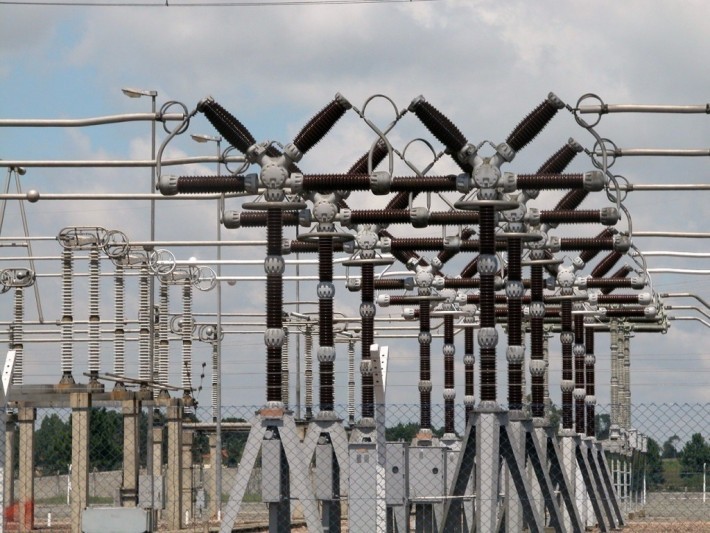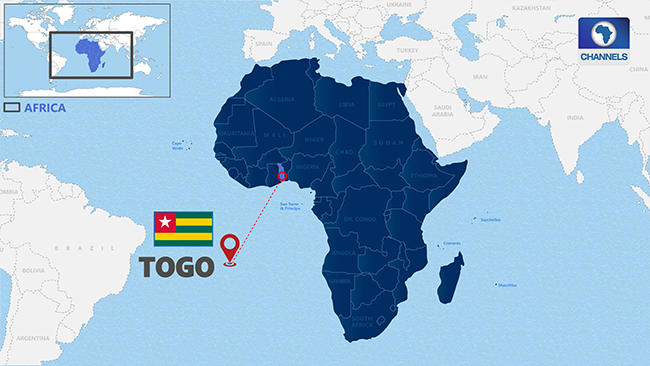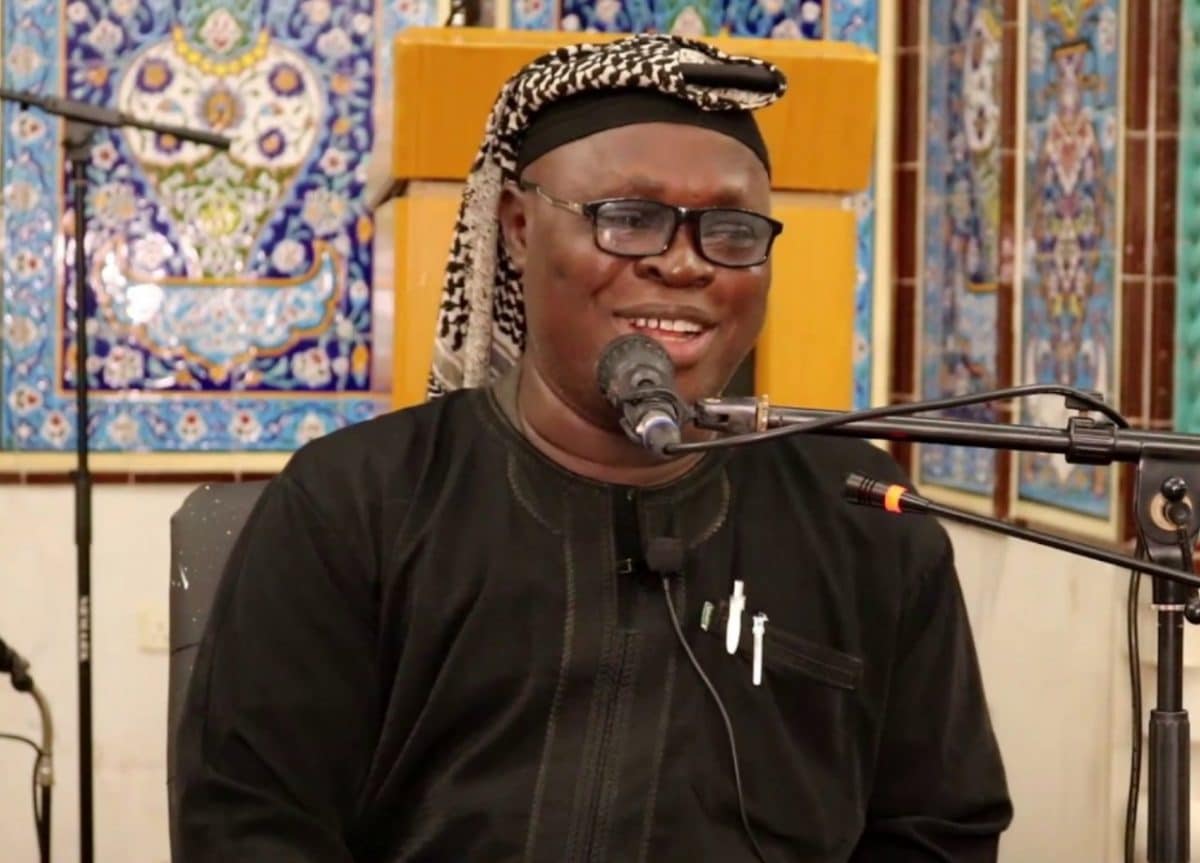Finally, the Federal Government of Nigeria has terminated the appointments of civil servants who obtained degrees from private universities in Benin Republic and Togo between 2017 and now.
The decision stems from concerns about the credibility of degrees awarded by tertiary institutions in these countries.
Segun Imohiosen, Director of Information and Public Relations in the Office of the Secretary to the Government of the Federation (OSGF), confirmed the development on Wednesday.
This is sequel to the government’s earlier directive in August 2024, which recognized only eight accredited universities in Benin Republic and Togo as authorized to award degrees to Nigerians.
The crackdown was prompted by an undercover investigation by Daily Nigerian that revealed how a journalist obtained a degree in just two months from a university in Benin Republic and used it to enroll in the National Youth Service Corps (NYSC) program. Following the exposé, the Federal Government banned the accreditation and evaluation of degrees from institutions in both countries.
To address the issue, an Inter-Ministerial Investigative Committee on Degree Certificate Milling was set up to investigate and curb certificate racketeering. A subsequent report by the committee revealed that over 22,500 Nigerians had obtained fraudulent degrees from private universities in Benin Republic and Togo.
The former Minister of Education, Tahir Mamman, disclosed that many individuals claiming these degrees had never left Nigeria. Instead, they acquired fake certificates through racketeering networks involving both local and foreign collaborators. He noted that the fraudulent activities undermined the credibility of Nigeria’s education system.
Mamman stated, “Most of those parading the fake certificates didn’t even leave the shores of Nigeria but got their certificates through racketeering in collaboration with government officials at home and abroad. The Federal Government will ensure that all public servants with such fake certificates are removed from their positions. Private sector employers should also take similar actions.”
Although the exact number of affected workers remains unclear, sources confirmed that the OSGF had issued a directive to all Ministries, Departments, and Agencies (MDAs) to identify and terminate the appointments of employees with such questionable qualifications.
An anonymous official revealed, “There was a letter from the SGF cabinet affairs directing all ministries, departments, and agencies of government to identify and terminate the appointments of workers employed with certificates obtained from private universities in Benin Republic and Togo from 2017 to date.”
Some government agencies have already begun implementing the directive. For example, the National Youth Service Corps (NYSC) confirmed the dismissal of five staff members in compliance with the order. NYSC Director of Information, Caroline Embu, stated, “Five members of staff were affected by the directive contained in the letter from the office of the SGF. No more.”
The Federal Government’s action underscores its commitment to preserving the integrity of Nigeria’s educational and employment systems, as well as combating the proliferation of fraudulent academic qualifications.









